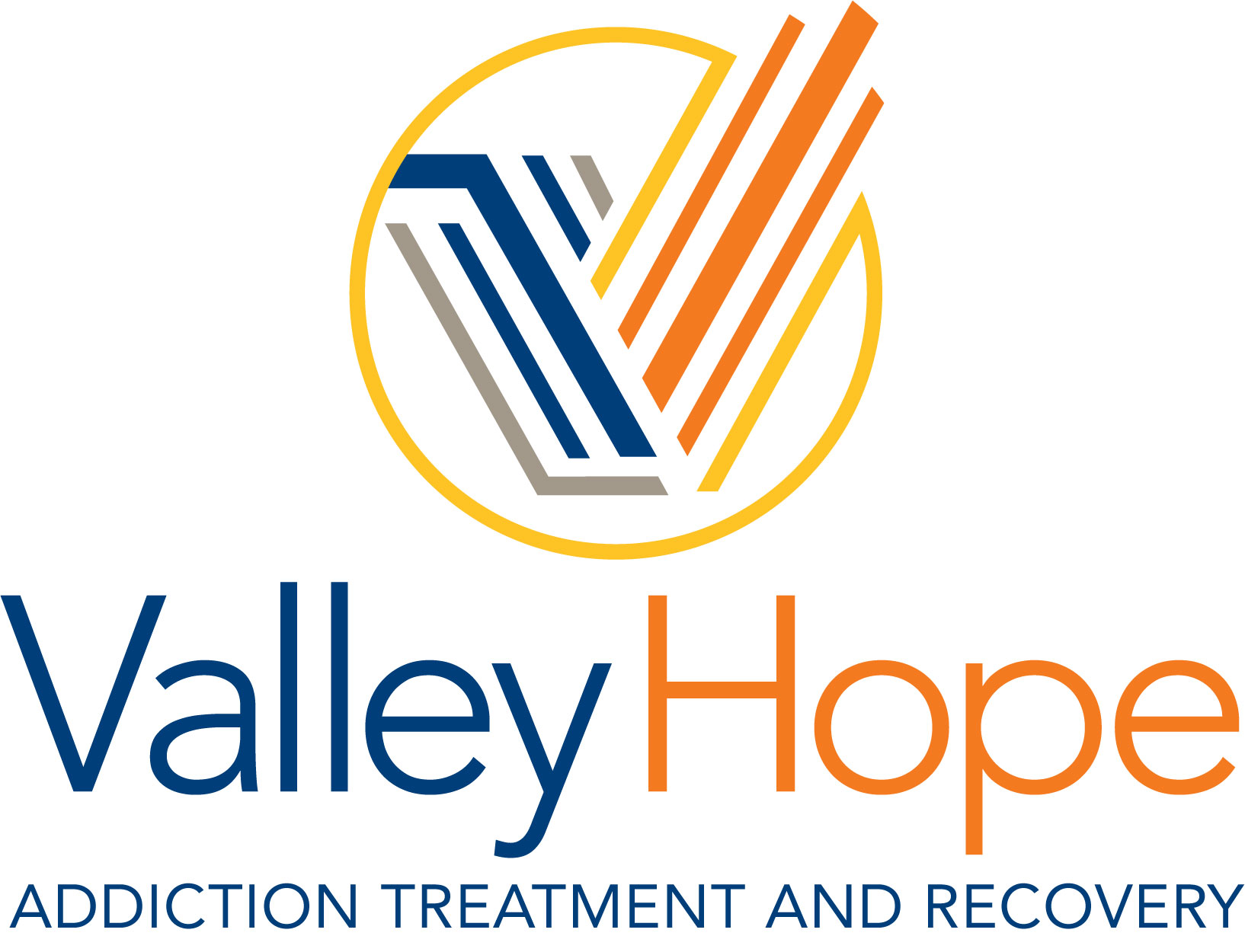Life after drinking is a new beginning. Going through the treatment process for alcohol addiction impacts your health, mind and body. Learning what to expect and getting help can ease the transition to starting your life without alcohol.
Importantly, if you are thinking about not drinking anymore, you should consult with a doctor, seek medical detox or even treatment for alcohol misuse, since alcohol withdrawal symptoms can be powerful and lead to dangerous outcomes.
What Happens to the Mind and Body After Quitting Alcohol
The timeline of alcohol withdrawal can vary depending on several factors, including the amount of alcohol consumed, the length of time of alcohol consumption, and the individual’s overall health.
Typically, alcohol withdrawal symptoms can begin to appear within 6-12 hours of the last drink. It is critical that anyone who decides to quit heavy drinking gets medically-supervised detoxification to avoid life-threatening side effects.
According to a 2022 study on Alcohol Withdrawal, the following symptoms may occur:
- Mild symptoms can be elevated blood pressure, insomnia, tremors, hyperreflexia, anxiety, gastrointestinal upset, headache, and palpitations.
- Moderate symptoms include hallucinations and alcohol withdrawal seizures that can occur 12 to 24 hours after cessation of alcohol and are typically generalized in nature. There is a 3% incidence of status epilepticus in these patients. About 50% of patients who have had a withdrawal seizure will progress to delirium tremens.
- Delirium tremens is the most severe form of alcohol withdrawal, and its hallmark is that of an altered sensorium with significant autonomic dysfunction and vital sign abnormalities. It includes visual hallucinations, tachycardia, hypertension, hyperthermia, agitation, and diaphoresis. Symptoms of delirium tremens can last up to seven days after alcohol cessation and may last even longer.
Because the body is constantly working to cleanse itself of alcohol, and the symptoms it creates can be uncomfortable during this time frame, and without medically-supervised detox, it can be easy to relapse or even cause deadly withdrawals.
How the Body and Mind Heal After You Stop Drinking
When you stop drinking, your body has the chance to recover from the damages of alcohol, but it can take time.
In the short-term, you are no longer at risk for alcohol poisoning, painful hangovers, risky behaviors and accidents associated with being intoxicated.
Once your body begins to recover from dependence on alcohol, you will experience:
- A healthier cardiovascular system
- Decreased risk of many alcohol-related cancers
- Improved immune system
- Reduced liver damage
Additional impacts of quitting alcohol include improved mental health, specifically:
- Reduced anxiety and stress
- Better sleep
- Healthier relationships with your friends and family
- Stronger focus
- More energy and productivity
Deciding to stop drinking can add years to your life and make immediate impacts on your overall physical and mental health. It is important to have help and support when you make the decision to embark on a life free of alcohol.
Find Help to Stop Drinking
For help to stop drinking, talk to a clinical expert that can help you determine if detox, medical supervision or treatment is necessary. At Valley Hope Addiction Treatment and Recovery, experts are available to answer questions in complete confidence 24/7. They can also help refer you to the proper level of care to ensure you quit drinking safely.
If you feel like you need help immediately, the Valley Hope team is available 24/7 at (855) 544-8384. If you or a loved one are ready to stop drinking, visit valleyhope.org and begin your journey to a healthy, happy life after drinking today.
What People Say About Life After Drinking
If you have decided to quit drinking, you will join a supportive community of people who have made the same decision and reclaimed new life in recovery from alcohol. Many have shared their stories about what life after drinking looks like:
Long-term constant sobriety has changed my life in so many ways. I’ve learned how to be an excellent daughter, a caring wife, and a nurturing mother. My sobriety means the world to me because without sobriety I wouldn’t have any of those relationships today. – Katelyn M.
When you get sober, the world is clearer, the colors are brighter and you begin to appreciate everything and everyone around you. The world is new again, but a much better place. You feel comfortable in your own skin again. – Kim S.
It’s difficult to express how much better my life is now. All areas of my life, physical, mental, emotional, are drastically improved. Sobriety means being present in my life and the lives of those that I love and care about. It means a relationship with my higher power that has become the most important relationship that I have. – Bart W.
To read more alumni stories visit our Valley Hope Alumni Recovery Stories










